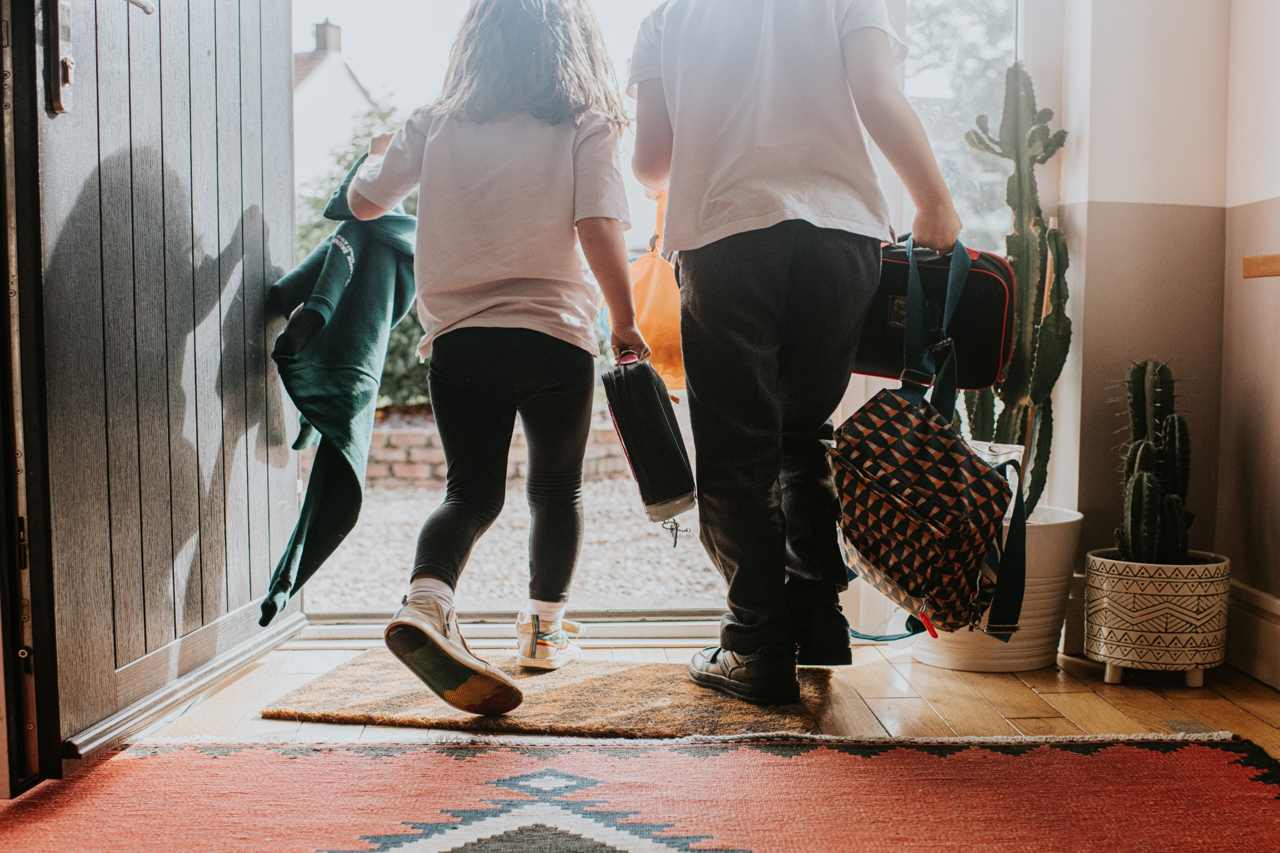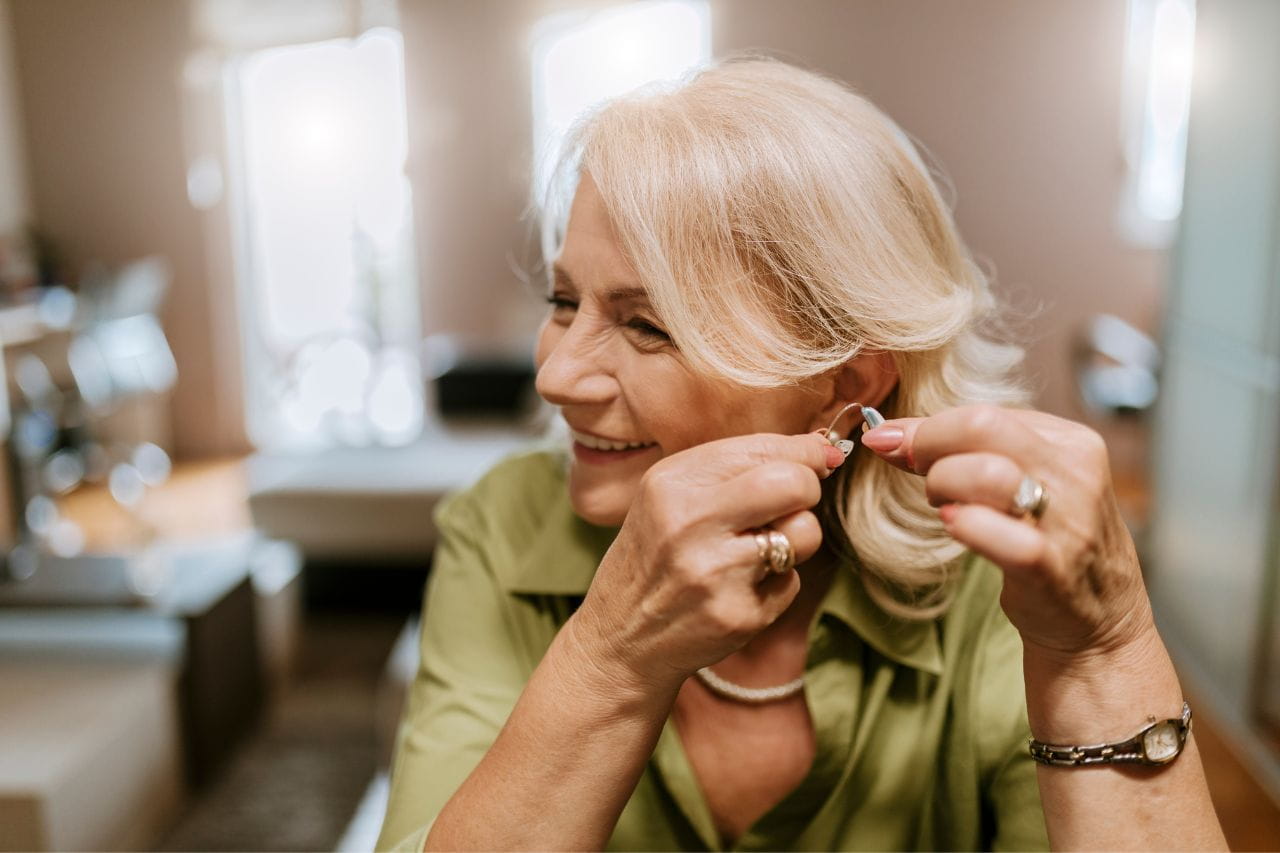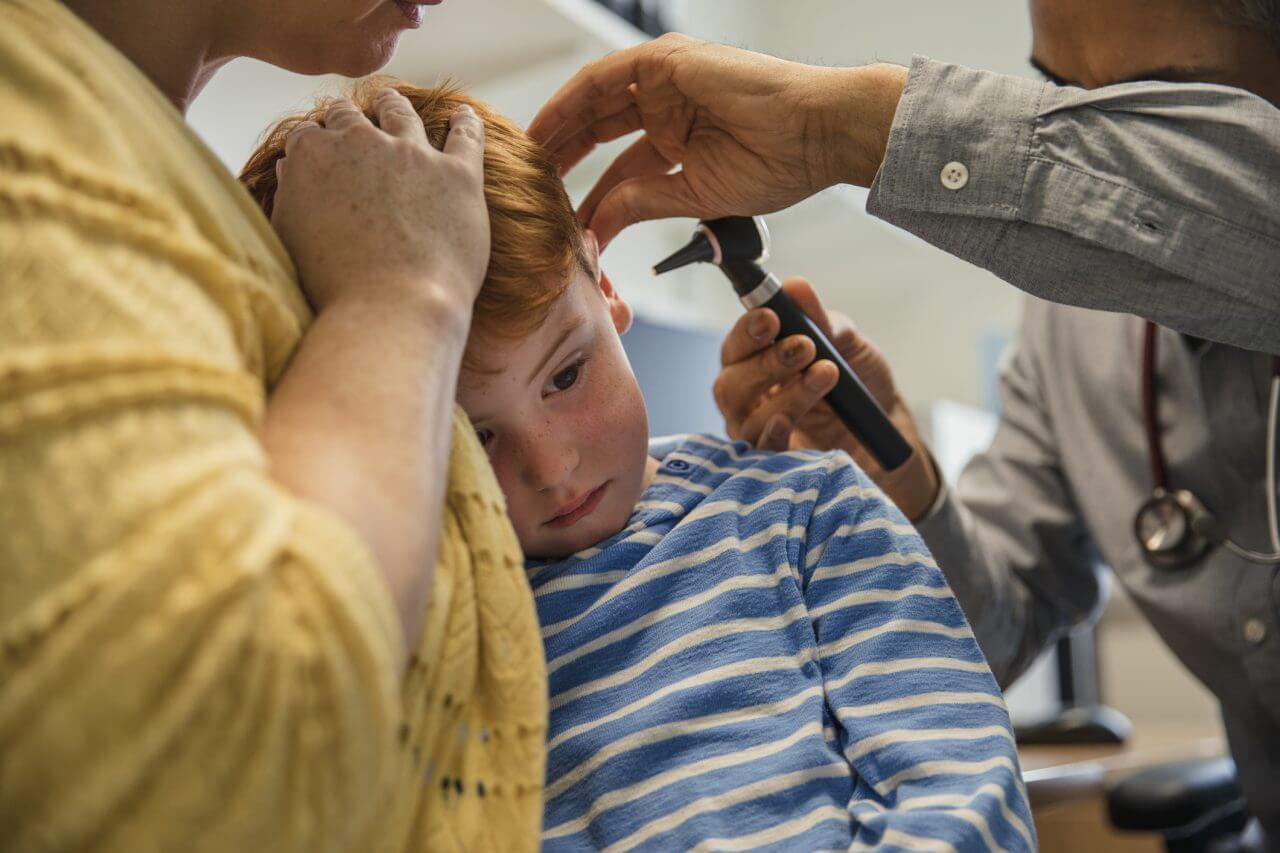Hearing Protection: A Back-to-School Guide

As you check off the items on your back-to-school list—backpacks, notebooks, pens and pencils—don't forget to consider something that isn't on a supply list but is essential for your child's success: their hearing.
From noisy hallways and busy cafeterias to band practice and headphone usage, the school environment can be filled with potential risks to a child's hearing. Noise-induced hearing loss (NIHL) is a significant but preventable issue.
This article will help you understand the risks and take proactive steps to protect your child's hearing throughout the school year and beyond.
Why Hearing Health Is Crucial for Learning
Even mild hearing loss can have a significant impact on a child's development. In the classroom, it can affect their ability to understand lessons, participate in discussions and develop strong speech and language skills.
Socially, hearing loss can lead to feelings of isolation and difficulty connecting with peers. Protecting a student’s hearing is a direct investment in their academic and social well-being.
Common Noise Hazards During the School Day
Loud noise is more common than you might think. Long or repeated exposure to sounds at or above 85 decibels (dB)—the level of a noisy restaurant or heavy city traffic—can cause permanent damage. Here are a few school-related sources to be aware of:
School Buses and Hallways
The chatter and commotion can easily reach levels that are dangerously loud.
Cafeterias
Large numbers of students talking in an enclosed space can create a significant amount of noise.
Band and Choir Practice
Music from instruments or singing can produce sounds well over safe listening levels.
Sporting Events
Cheering crowds, referees’ whistles and gymnasium acoustics can pose a risk at games or pre-game rallies.
Personal Audio Devices
These devices pose one of the biggest risks. Students often turn up the volume on headphones or earbuds to unsafe levels to block out background noise.
Know the Warning Signs of Hearing Loss
Hearing loss in children can develop gradually. Be mindful of these potential signs and symptoms of hearing problems:
- Frequently asking "what?" or "huh?"
- Complaining of ringing in their ears (tinnitus).
- Speaking more loudly than necessary.
- Turning up the TV volume to a high level.
- Having trouble following instructions in class.
Tips for Protecting Your Child’s Hearing
When it comes to protecting your child’s hearing, empowering them with the right habits and tools can make all the difference.
Teach the 60/60 Rule for Headphones
Kids should listen at no more than 60% of a device’s maximum volume for no longer than 60 minutes at a time. After an hour, encourage your child to take a listening break.
Choose the Right Headphones
When possible, opt for noise-canceling headphones over standard earbuds. Because they block out ambient sounds, your child won't feel the need to increase the volume to dangerous levels. A snug fit is also important to prevent sound leakage.
Encourage Distance and Breaks
The farther you are from a loud sound, the safer it is. Teach your child to move away from sources of loud noise, like speakers at a school dance. If they are in a noisy environment, such as a concert or sporting event, taking short breaks in a quieter area can help reduce the overall impact.
Use Hearing Protection
For very loud events, such as football games, band practice or concerts, earplugs or protective earmuffs are essential. Keep a pair of inexpensive foam earplugs in their backpack for these and other noisy environments.
Get Help With Hearing Loss From Baptist Health
If you have concerns about your child's hearing, don't hesitate to discuss them with your pediatrician or schedule an appointment with an audiologist. A baseline hearing test is a simple and painless way to ensure students are starting the school year ready to listen and learn.
Need a provider? Find a Baptist Health Audiologist with our online provider directory.
By taking the simple precautions above, you can help ensure your child reduces their risk of hearing damage while enjoying the school year.
For more information about Audiology Care at Baptist Health, call us at 1.844.679.6835.
Next Steps and Helpful Resources
How To Remove an Ear Wax Blockage Fast
Effects of White Noise On Hearing
Are Online Hearing Tests Accurate?
What Are Audiologists?



